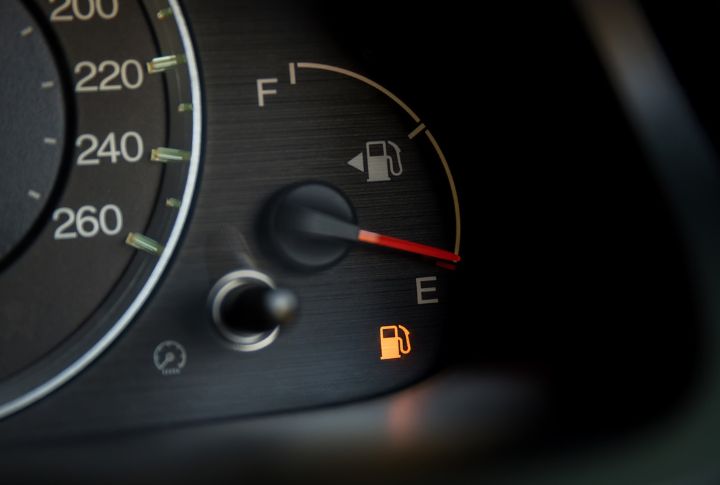
Have you ever wondered why you spend more time and money at the gas pump? It’s not just your imagination—your vehicle might be guzzling gas faster than it should. From driving habits to mechanical issues, various factors can affect fuel efficiency. Understanding these reasons can help you save money and keep your car running smoothly. Let’s explore 15 reasons why your gas tank empties faster than you expect.
Aggressive Driving

Speeding, rapid acceleration, and constant braking can significantly reduce gas mileage. These habits force your engine to work harder, consuming more fuel. Driving more calmly and smoothly can improve your fuel efficiency by up to 40%. Try to anticipate traffic and maintain a steady speed to conserve gas. Remember, patience pays off at the pump.
Incorrect Tire Pressure
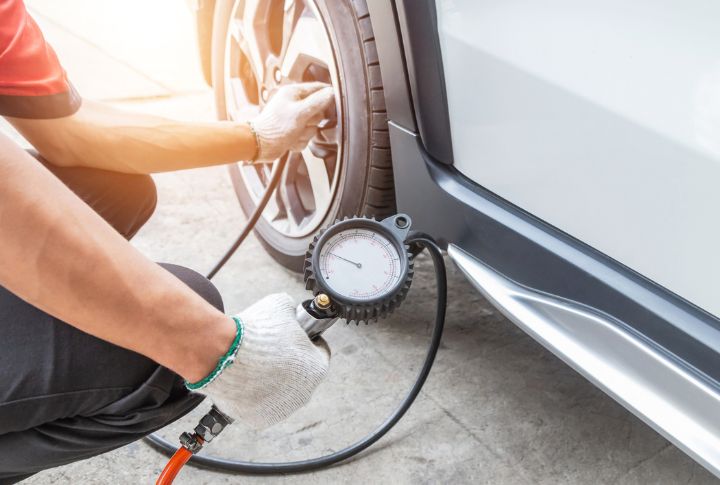
When your tires have low pressure, they cause more rolling resistance, meaning your engine has to use more energy to move your car. Examine your tire pressure regularly and keep them inflated to the recommended levels. Appropriate tire pressure can improve your gas mileage by about 3%. Plus, they extend the life of your tires, saving you money in the long run.
Excessive Idling
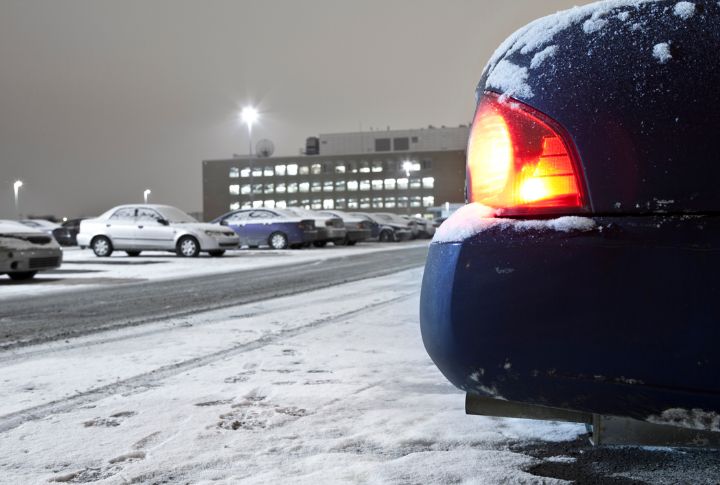
Idling your car for long periods wastes fuel and does not get you anywhere. Modern engines are designed to use less fuel when restarted than when idling for long stretches. Consider turning off your engine if you’re waiting for someone or stuck in traffic. This small change can lead to significant fuel savings over time.
Heavy Loads
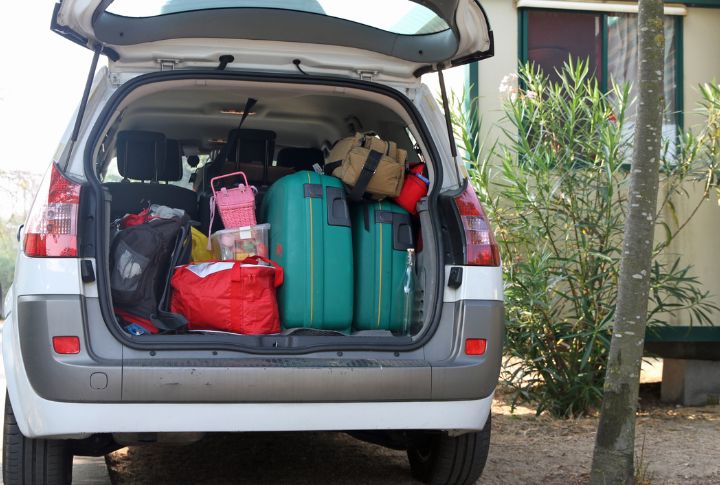
Carrying extra weight in your vehicle can lower your gas mileage. For each 100 pounds of overload, your fuel efficiency reduces by about 1%. Remove excessive items from your trunk and interior to lighten the load. A simple step like this can make a noticeable difference in how far a gas tank will take you.
Roof Racks and Carriers
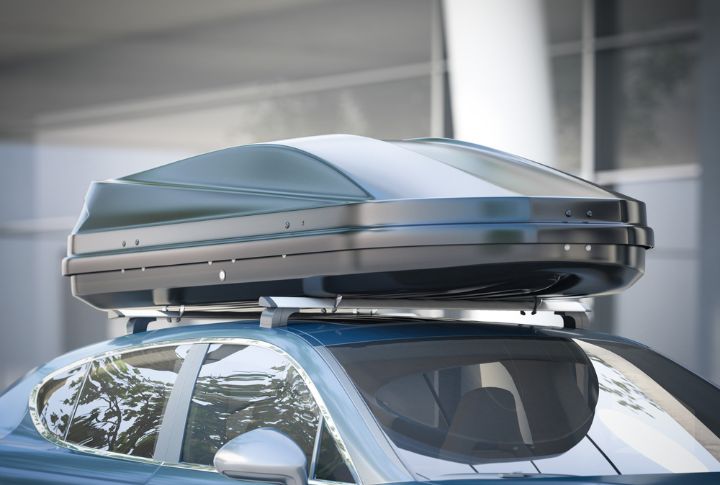
Roof racks and cargo carriers create additional aerodynamic drag, which makes your vehicle work harder, especially at highway speeds. If you’re not using them, remove them to improve your fuel economy. For those long road trips, consider packing efficiently to avoid the need for roof storage.
Short Trips

Frequent short trips can significantly reduce your fuel efficiency. Starting a cold engine consumes more fuel, and short drives don’t give it enough time to reach optimal operating temperatures. Whenever possible, combine errands to reduce the number of trips you make. This helps your engine run more efficiently and saves gas.
Poor Maintenance

Neglecting regular maintenance can result in decreased fuel efficiency. Dirty air filters, old spark plugs, and worn-out parts force your engine to work harder. Regular tune-ups and timely replacements keep your engine running smoothly. Staying on top of maintenance ensures your vehicle runs efficiently, saving you money on gas.
Low-Quality Fuel
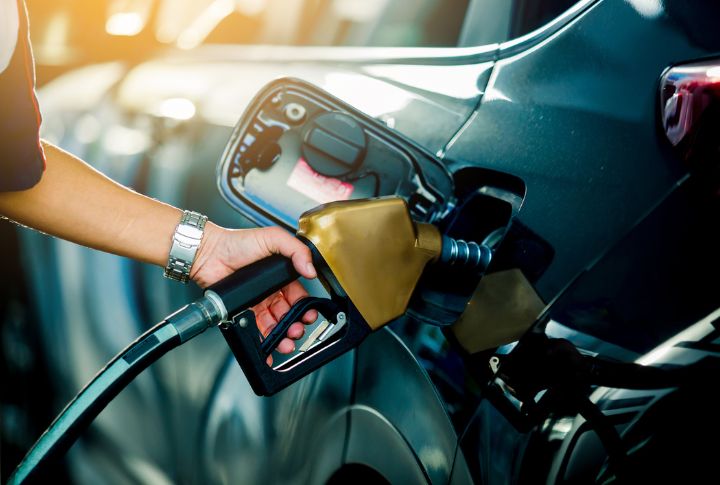
Not all gas is created equal. Low-quality fuel can contain impurities that reduce your engine’s efficiency. Use the grade of fuel recommended by your vehicle’s manufacturer. Filling up with high-quality gas can improve your car’s performance and fuel economy over time.
Air Conditioning
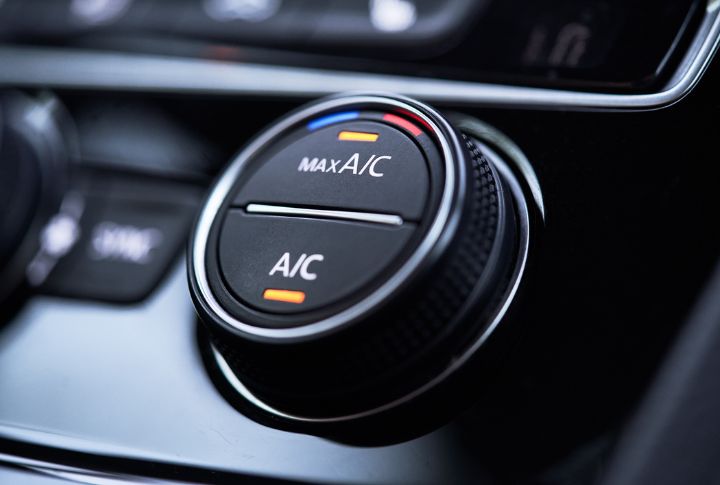
Using the air conditioner can significantly increase your fuel consumption. It adds an extra load to your engine, especially during city driving. When possible, use the car’s ventilation system instead. On hot days, try to park in the shade or use a sunshade to keep your car cool and reduce the need for AC.
Wrong Oil
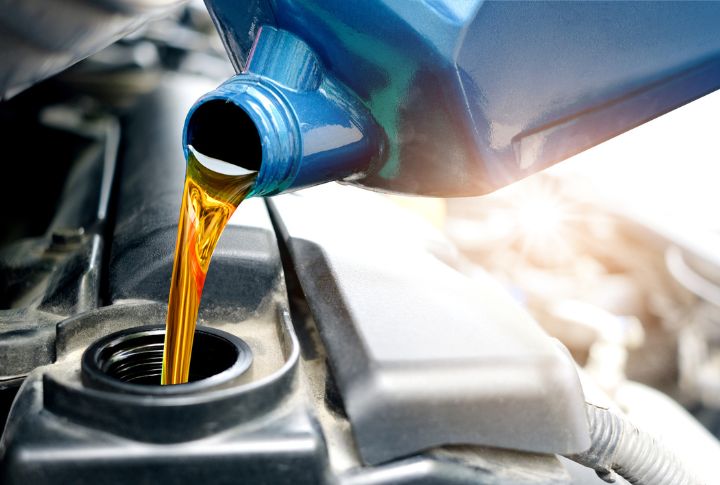
Using the wrong type of oil can affect your engine’s performance. Stick to the manufacturer’s recommended oil grade for optimal efficiency. High-quality, energy-conserving oils can improve fuel economy. Regular oil changes with the right oil keep your engine in top condition.
Misaligned Wheels
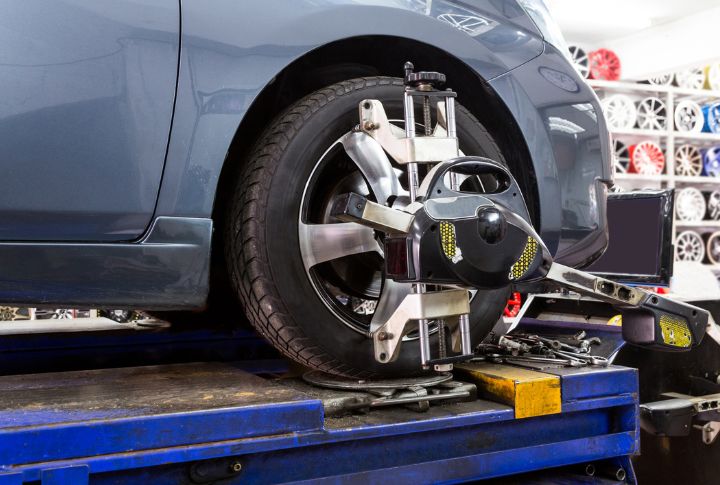
A misaligned wheel can warrant uneven tire wear and increased rolling resistance. This forces your engine to work harder, using more fuel. Regular wheel alignment checks to ensure your tires wear evenly and your car runs efficiently. Proper alignment improves handling and extends tire life.
Overuse of Cruise Control
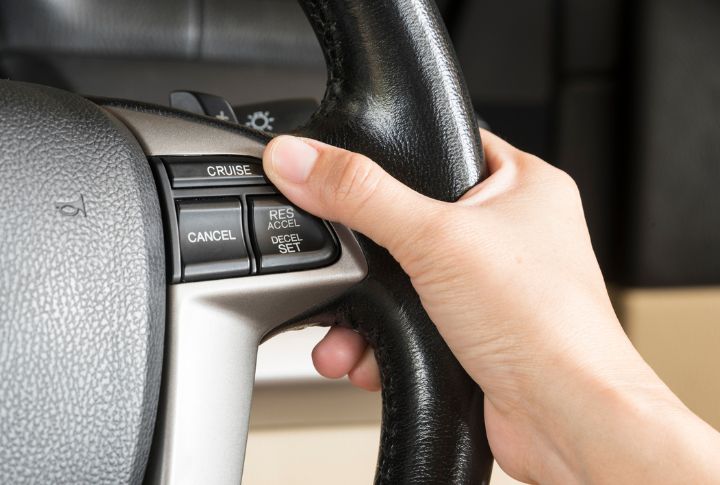
Cruise control can help save gas on flat terrain, but it could be more efficient on hilly roads. It tends to maintain a constant speed, which can lead to unnecessary acceleration on inclines. Use cruise control wisely and turn it off in hilly or mountainous areas. It can help you manage fuel consumption more effectively.
Faulty Oxygen Sensors
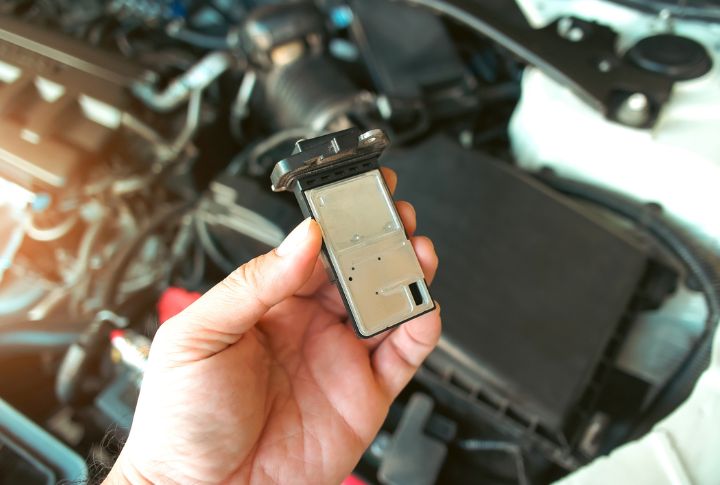
Oxygen sensors monitor the air-fuel mixture in your engine. A faulty sensor can lead to better fuel combustion and increased efficiency. If your check engine light is on, have it checked by a mechanic. Replacing a damaged oxygen sensor can improve your gas mileage by as much as 40%.
Dirty Air Filters
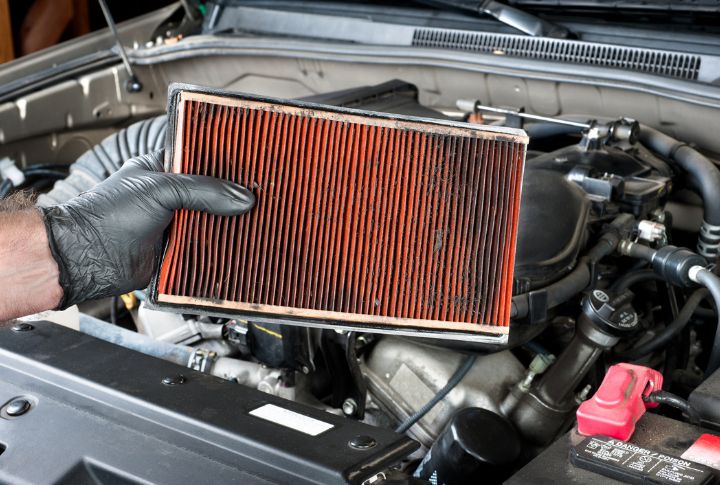
A clogged air filter obstructs airflow to your engine, causing it to overwork and consume more fuel. Replace your air filter according to your vehicle’s maintenance schedule. A clean air filter can improve acceleration and fuel efficiency. It’s a quick and inexpensive fix that pays off at the pump.
Old or Faulty Spark Plugs
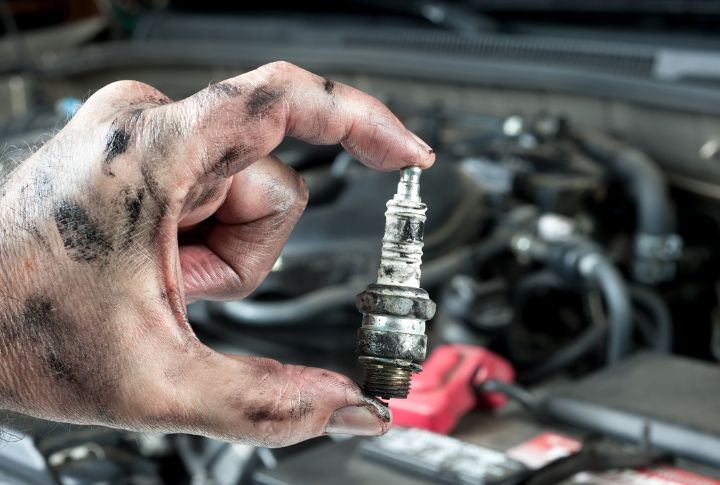
Worn-out spark plugs can misfire, wasting fuel and reducing efficiency. Regularly examine and change your spark plugs as needed. Keeping them in good condition ensures your engine runs smoothly. This simple maintenance task can lead to better fuel economy and lower emissions.
